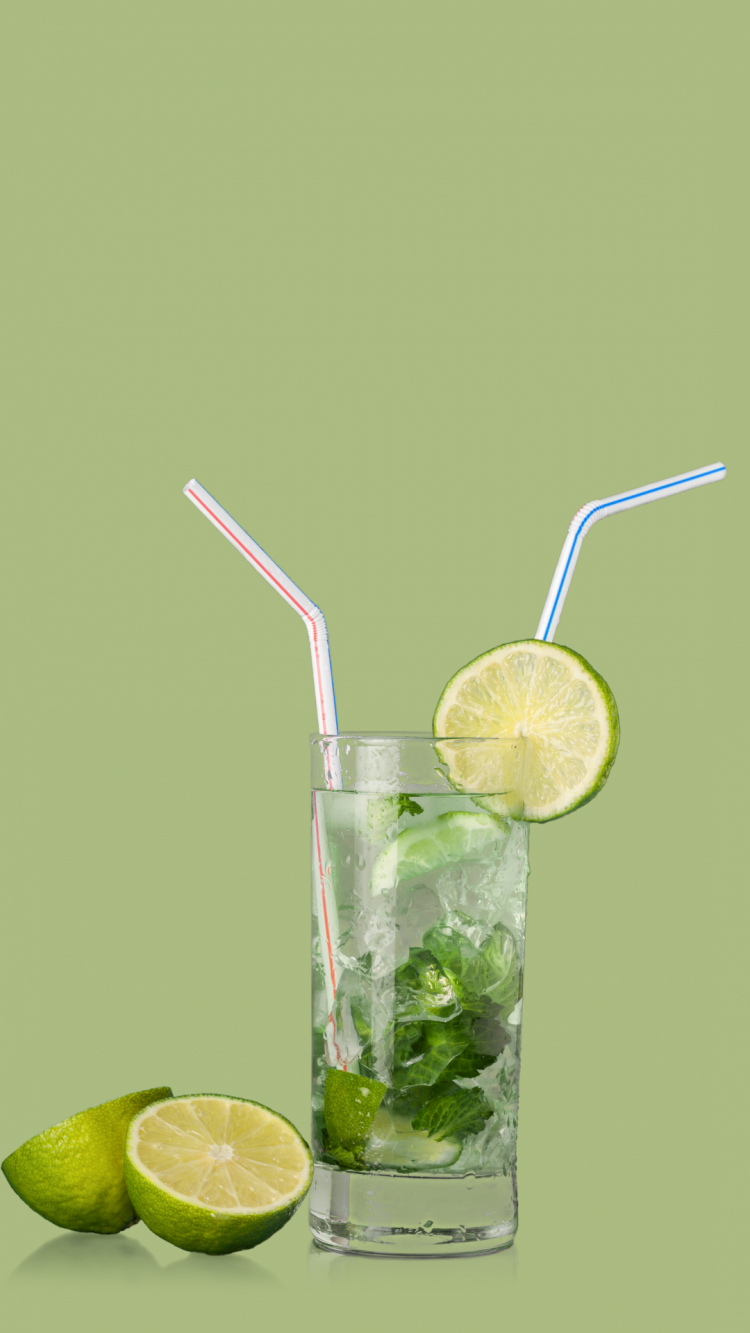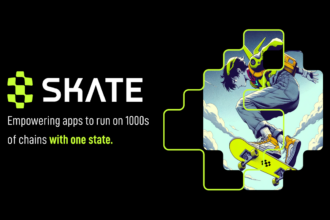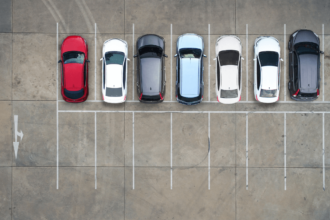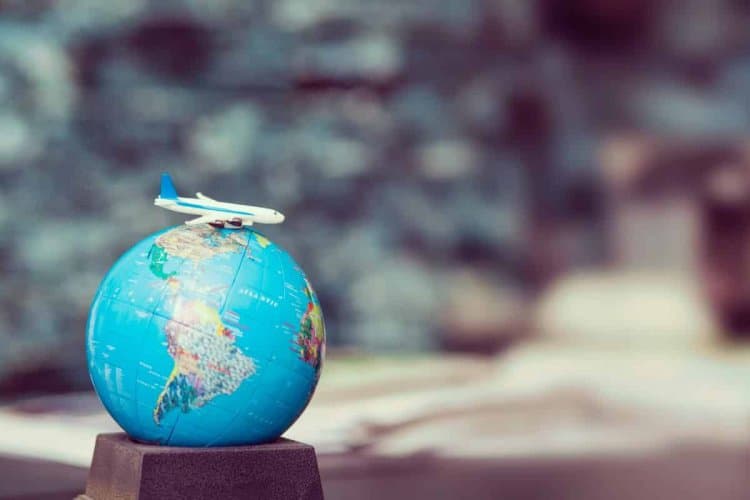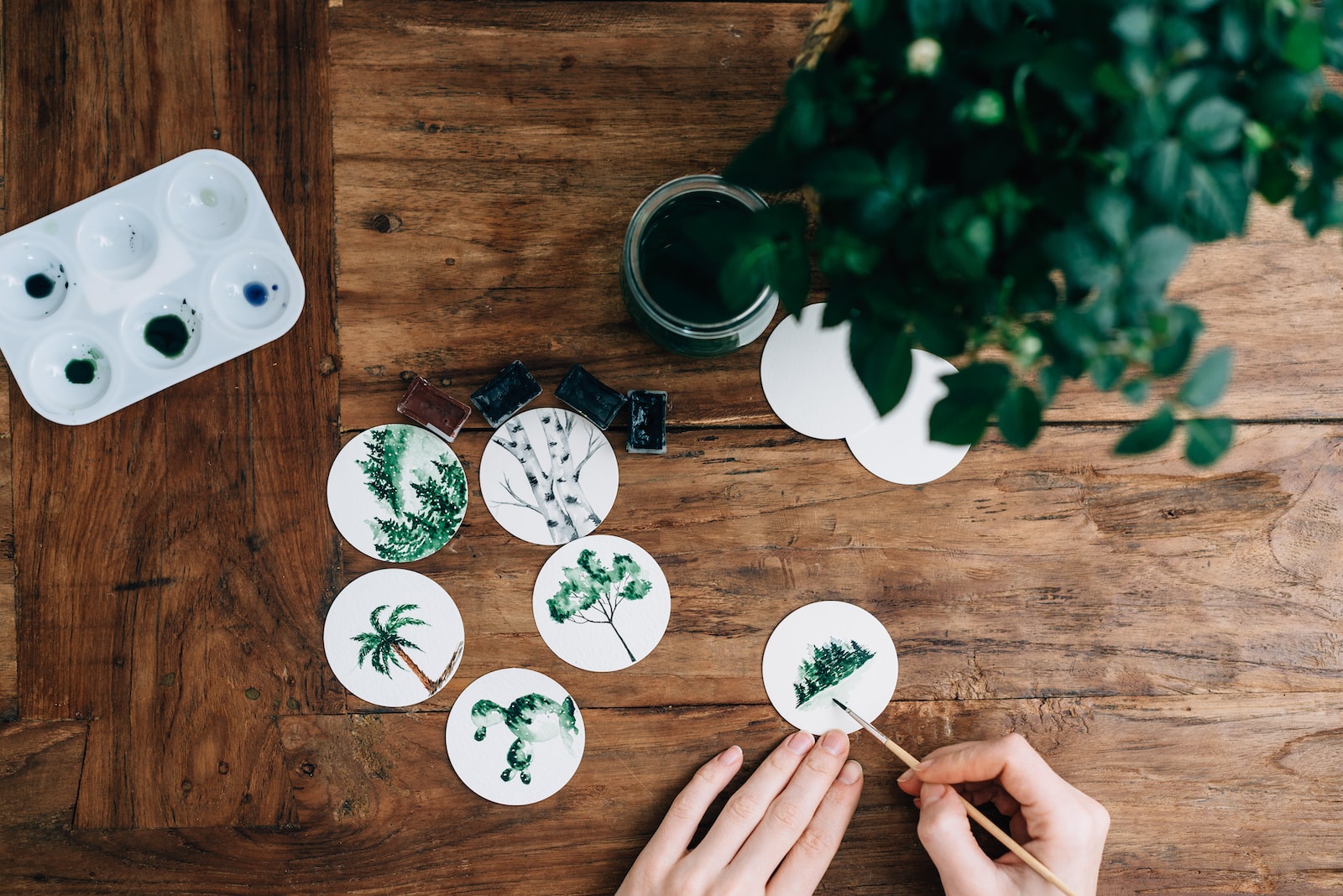Founded by three cousins – Saurabh Munjal, Saurabh Bhutna and Nikhil Doda – in 2017, Archian Foods was started with a vision to introduce better-tasting, category-defining ‘desi’ drinks in India, targeting both rural and urban markets.
Realising that there are hardly any organised players in the homegrown/desi drink segment, barring the top two to three players, the Mohali-based startup launched its brand .
Speaking about the brand, Saurabh Munjal, CEO and Co-founder of Lahori, tells YourStory,
“Since our entire product line is inspired by Indian kitchen and street food of this country, we wanted to keep a traditional name for our drinks. Besides the key ingredient in most of our flavours is rock salt, another name for Lahori. That is how the name ‘Lahori’ came into being.”
The curated range of beverages that claim to be packed with natural ingredients is available in four ready-to-drink variants – Zeera, Nimboo, Kacha Aam, and Shikanji.
The inception
“While a few may choose artificially flavoured drinks, natural drinks are still hard to beat,” quotes Saurabh Munjal.
“Nikhil Doda and his family have homegrown culinary skills. Nikhil has always tried to experiment with drinks made from the ingredients at home – spices available in the kitchen,” he adds.
In one such instance, he got Saurabh Munjal and Saurabh Bhutna to taste the Zeera drink, and they thought that it definitely had the potential to be sold commercially. The three got together and started operations on a small scale in 2017.
They started with a capacity of producing about 96,000 bottles a day. Currently, the startup has the manufacturing capability of making 1.2 million bottles a day.
“Our state-of-the-art manufacturing unit is fully-automated, spread across 160 thousand sq ft in Roopnagar, Punjab where almost 1.2 million bottles are packed daily. We are proud to have a dedicated green belt of more than two acres of land to replenish natural groundwater. We strive to maintain the quality by not only meeting our own SOPs but also keeping up with the global standards,” claims Munjal.
He states that in about two to three months, that they will double the capacity to 2.5 million bottles/day.
The team
With an overall team size of 300 members (190 members on rolls with 110+ contractual labourers), Saurabh Munjal looks at finance and overall strategy, along with working on branding and marketing functions. Nikhil (CPO) looks after product, R&D, and distribution strategies, and also oversees the sales teams. Meanwhile, Saurabh Bhutna (COO) looks at the operations and has the production, quality and HR team under him at the plant.
Business model and traction
The non-alcoholic beverage industry in India is growing at a phenomenal rate and is expected to exceed $18+ billion by 2026, as per Mordor Research. The Indian market currently remains underpenetrated with low per capita consumption at about 5.5 litres per annum, despite the population size vis-à-vis the per capita consumption in the US, which is estimated to be at least 20x higher.
In India, given that the majority of the population resides in Tier II and III cities, price points have been a critical aspect in penetrating the markets and building a brand with customer loyalty.
Lahori’s 160 ml variant is priced at Rs 10 per bottle with a shelf life of three months, but stays on the shelf for just a day or two, claims Munjal.
Its SKU’s include Zeera (including a stevia-based variant), Nimboo (both in carbonated and non-carbonated variant), Shikanji, Imli Banta, and KachaAam.
The products are sold in the northern part of the country, with deep penetration in Punjab, Haryana, Delhi, and western parts of UP. Additionally, pilots have been conducted in over eight states. The drinks are sold through 500+ distributors across 4,000-5,000 kirana stores.
“It is a negative working capital business – the products are sold on an advance basis – that speaks volumes about the traction and brand recall of Lahori,” states Nikhil.
With revenue of Rs 80 crore generated in FY21, Lahori is on track to reach Rs 250 crore net revenue in FY22 and plans to reach Rs 1,000 crore in the next three years.
Funding and way ahead
In January this year, the brand raised $15 million in funding from Belgium-based consumer-focused investor Verlinvest for an undisclosed minority stake. Lahori said it will use the funds to double down on its brand’s growth through offline and online expansion, and will also enhance its national presence in retail chains.
Speaking of competitions, Munjal adds, “Amongst competitors, we feel with the kind of offerings we provide, we are the only ones. Having said that, in the non-alcoholic beverage space, there are only three players — ie Coke, Pepsi and Parle Agro — which are operating in an organised manner.”
Speaking of the future plans, Saurabh Munjal says the brand plans to cover the entire northern part of the country within this year itself. However, they have to tackle some challenges first.
“Freight is a bottleneck for us. We can’t manufacture something in Punjab and then sell it in Maharashtra because freight is very high. It makes the pricing economically unviable and hence we’ve gotten the funding to expand our reach by setting up plants in several parts of the country. Over the next two to three years, we plan to make our product go national by having a plant somewhere in the west as well as in the east. That’s the plan to make Lahori a national brand,” he adds.






